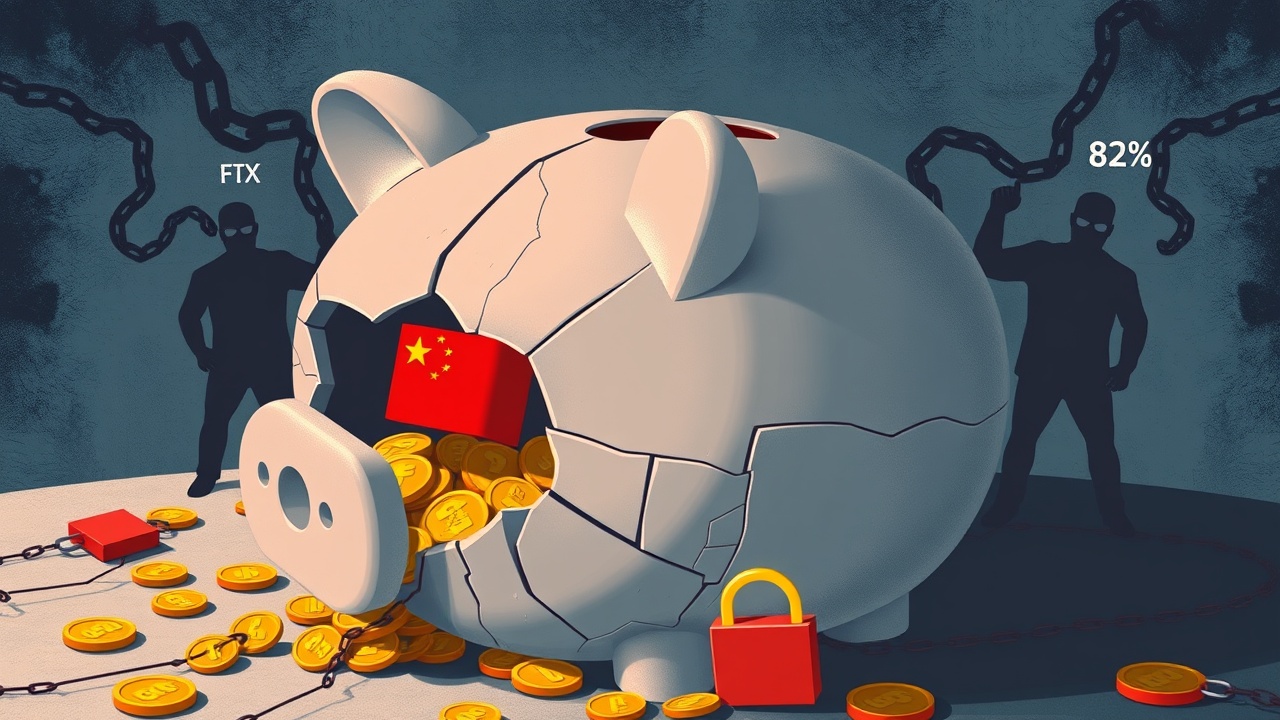FTX Bankruptcy Court Ruling
The creditor community of FTX is bracing for a pivotal court ruling set for next Tuesday, which could empower the FTX bankruptcy estate to halt payments to creditors situated in certain “restricted countries,” prominently including China. The US Bankruptcy Court in Delaware is expected to deliberate on a motion that, if approved, would classify 49 nations as jurisdictions where the FTX estate can decline to issue reimbursements.
Implications of the Decision
The implications of this decision are significant, as stakeholders express concerns over potentially severe repercussions that could reverberate beyond the current FTX case. Weiwei Ji, a creditor known as Will on social media platform X, articulated that the movement carries risks that extend into the broader cryptocurrency world.
“This isn’t merely about FTX; it risks setting a perilous precedent that could undermine trust throughout the global crypto landscape,”
Ji stated.
Ji raised alarm over the potential normalizing of such “restricted” classifications, suggesting that future bankruptcies involving offshore exchanges could follow suit, unilaterally declaring nations like China as ineligible for claims settlement.
“The lists of ‘restricted’ countries don’t require judicial determination,”
Ji commented, emphasizing that legal teams may simply draft a memo to enact these exclusions.
Responses and Objections
Since the FTX estate submitted its motion on July 2, it has faced a barrage of responses, with approximately 40 objections noted as of Friday morning, although estimates suggest the total could be as high as 69, primarily from Chinese creditors who make up a significant portion of affected claimants. Current court documents indicate that Chinese creditors hold roughly 82% of the overall value tied to claims categorized under these restricted jurisdictions.
Among these objections is one from Faisal Saad Almutairi of Saudi Arabia, who argues that the categorization of claimants from specific countries as ineligible for distributions is discriminatory, pointing out that cryptocurrency ownership and trading are permitted in his nation. His objection reflects a broader concern, noting that regulators’ apprehensions are primarily speculative and not enough to legally justify the rejection of claims.
Market Impact and Future Concerns
The motion’s development has led to fluctuations in the FTX creditor claims market, with prices for claims from the so-called restricted areas reportedly falling by 20% to 30%. Federico Natali from the bankruptcy claims-focused platform Paxtibi noted this sharp drop in valuation affecting claims specifically from restricted jurisdictions. Ji complained about the unattractive offers for sold claims, stating,
“I am determined to pursue the recovery we deserve and not be pressured into offloading our claims.”
Moreover, FTX creditor Sunil Kavuri revealed that $1.4 billion in claims remains unresolved, with $380 million originating from China and an additional $660 million tied up in disputed claims. Yuriy Brisov, the founder of CryptoMap, highlighted the complexities individuals face when selling claims and warned about the emergent landscape of digital insolvency whereby legal intricacies increasingly influence financial strategies.
Conclusion
Collectively, the impending court ruling not only impacts FTX creditors but also carries the potential to shape the regulatory and operational frameworks for crypto bankruptcies globally, igniting fears that establishing exclusionary policies could become a standard practice in the sector.




